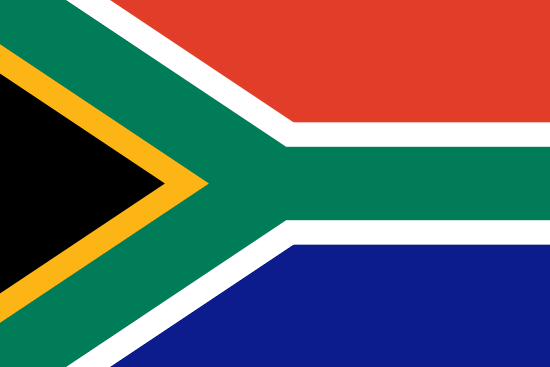"eThekwini, Lapho Kuphila Izikhungo | Durban, Where the Fun Never Sets"
About:
Durban, a city in South Africa, was founded by British settlers in 1824. It was named after Sir Benjamin D'Urban, the governor of the Cape Colony. Durban became a major port due to its natural harbour, and its economy grew with the sugar cane industry. The city was a focal point during the apartheid era, witnessing significant political violence. Post-apartheid, Durban has developed into a tourist destination and economic hub, hosting events like the 2010 FIFA World Cup.
When to visit:
Durban, a coastal city in South Africa, boasts a subtropical climate characterized by warm and humid summers and mild winters. The best time to visit Durban for a holiday is during the dry and cooler winter months from May to August, when temperatures are comfortable and rainfall is minimal. This period is ideal for outdoor activities such as beach-going, exploring the city's cultural attractions, and enjoying the local cuisine. However, if you prefer warmer weather and don't mind the occasional rain showers, visiting during the summer months from November to February can also be a rewarding experience.
When to avoid:
Durban, a coastal city in South Africa, experiences its peak holiday season during the summer months of December to February. However, the worst time to travel to Durban on a holiday would be during the winter months of June to August. This period is characterized by cooler temperatures and higher chances of rainfall, which may limit outdoor activities and beach enjoyment. Travelers looking to experience Durban's vibrant atmosphere and beautiful beaches are advised to visit during the summer months for optimal weather conditions.
"Winter Rainy Season"
Durban's coldest and wettest period is during winter, from June to August. The average temperature hovers around 16-20°C, with July being the coldest month. Rainfall peaks in June, with an average of 100mm. Days are typically overcast, with less sunlight due to shorter winter days and high cloud cover. However, Durban's winter is milder compared to other regions. An average day for a visitor might involve light showers, cool breezes, and occasional sunshine, making it ideal for indoor activities or exploring the city's culinary scene.
"Summer (December–February)"
In Durban, South Africa, the warmest part of the year typically spans from November to March, during the Southern Hemisphere's summer. The average high temperatures during this period range from 28°C to 30°C (82°F to 86°F), while the lows range from 21°C to 23°C (70°F to 73°F).
Rainfall is relatively high during these months, with averages between 90mm to 130mm per month, often resulting in high humidity levels. The summer season in Durban is characterized by afternoon thunderstorms, which can be quite intense but are usually brief.
The city enjoys abundant sunlight during this period, with an average of 7-8 hours of sunshine per day. Despite the rainfall, cloudiness is generally moderate, allowing for plenty of bright, sunny days.
For a visitor, a typical day in Durban's summer might begin with a warm, sunny morning. As the day progresses, the heat and humidity increase, often culminating in a brief, refreshing afternoon thunderstorm. Evenings are generally warm and balmy, perfect for enjoying Durban's vibrant nightlife. The high humidity can make the heat feel more intense, but the regular rain and coastal breezes help to moderate the temperature.
Language:
In Durban, the most commonly spoken language is Zulu, followed by English. Zulu is the mother tongue of the Zulu people who make up a significant portion of the population. English, on the other hand, is widely used in business and administrative affairs. A minority of Durban's residents also speak Afrikaans and Hindi.




